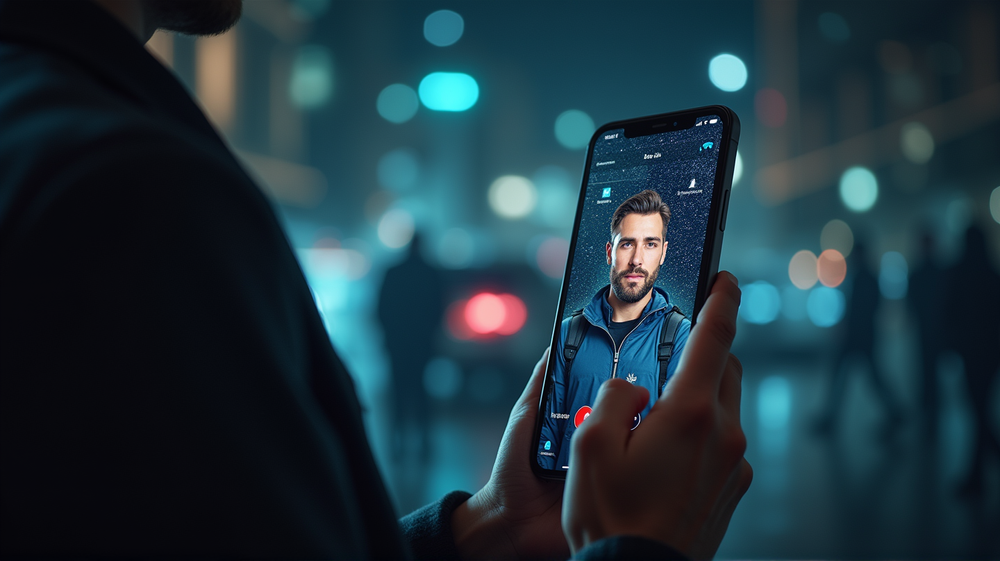A chilling warning has been issued across the United States, and the message is clear: do not fall prey to scam callers impersonating law enforcement. These fraudulent calls are spreading rapidly, targeting unsuspecting smartphone users by spoofing legitimate phone numbers to create a climate of fear and confusion. As stated in Forbes, this is more than just a nuisance–it’s an industrialized scam striking at the heart of our personal security.
The Rise of Impersonation Scams
The FBI sets the stage with a stern reminder that they never call demanding money to avoid arrest, warning people to remain skeptical of such claims. The perpetrators of these scams use spoofed numbers, making it appear as though the call is coming from trusted government agencies. Those on the receiving end of such calls are urged to hang up immediately and report the incident to ic3.gov, a critical step in combating this growing menace.
A Nationwide Threat
It’s not just the FBI being targeted in these scams. The New York State Police have flagged ongoing phone spoofing that impersonates various officials to coax sensitive information from victims. Phone numbers, Social Security numbers, and even threats of punitive action are wielded to pressurize individuals. With federal, state, and local law enforcement under digital siege, citizens across different states need to stay vigilant and proactive.
Versatile and Vicious Tactics
The impersonation scam isn’t limited to law enforcement. Scammers extend their reach to falsify bank investigators, fire department calls, and wrongful jury duty accusations. These tactics are ruthless, utilizing intimidation via aggressive tones, not leaving messages, and urging silence and secrecy from victims. Their demands are multifaceted: prepaid cards, wire transfers, and cash, highlighting the changing face of traditional theft.
The Global Scam Machine
The scam call industry is now a global phenomenon with a well-oiled operation tracing time zones from Europe to the United States. Google has taken note, identifying similar spoofing practices in customer support fraud. An amusing yet sobering example of this industry’s reach is the exposure of a scam office in Cebu City, Philippines, where hackers turned the tables on fraudsters, showcasing the camera feeds online.
Safeguarding Against Deception
The vital takeaway from these chilling revelations is empowerment through awareness. The scammers prey on fear, but with knowledge, users can counteract their tactics. Hang up, verify information through safe channels, and never succumb to threats made over the phone. If in doubt, reach out directly to trusted authorities using their official numbers. As these scams evolve, community awareness becomes the strongest defense.
Stay informed, protect your information, and when your phone rings with unknown threats, remember — it’s always a scam. And you don’t owe them a conversation.













